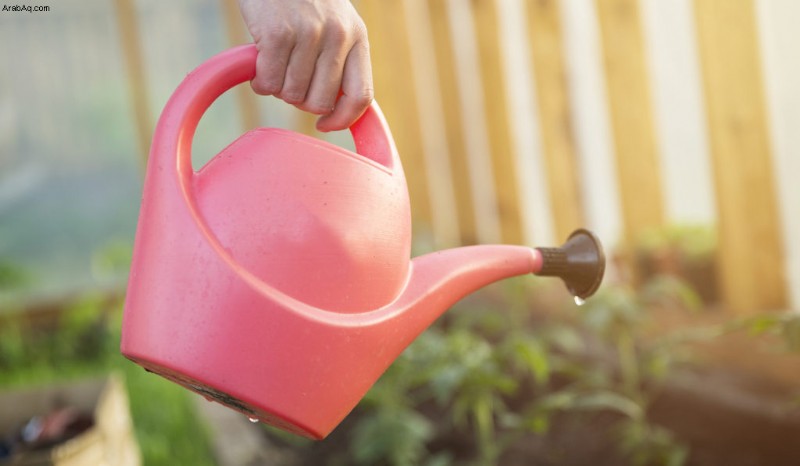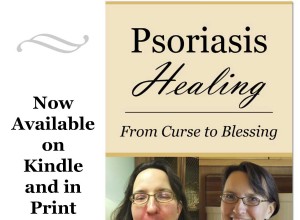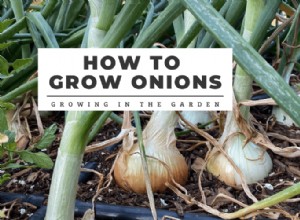الصدمة هي استجابة الشخص العاطفية أو النفسية أو الجسدية لحدث مؤلم. عند الخضوع للشفاء من الصدمات ، من المهم ممارسة الرعاية الذاتية. في حين أن الكثير من الناس قد لا يفكرون في هذا عند التعافي من الصدمة ، إلا أنه جزء مهم من عملية الشفاء الشاملة للصدمات.

بداية التغلب على تجربة مؤلمة
الخطوة الأولى عند بدء العلاج الواعي بالصدمات هي معرفة ماهية الصدمة وكيف يمكن أن تقدم نفسها. يعاني الناجون من الصدمات من مجموعة متنوعة من الأعراض استجابةً لحدث صادم وبعده. بعض الأعراض العاطفية التي يمكن أن يعاني منها بعض الذين عانوا من الصدمة هي:
- ذكريات الماضي
- القلق
- الاكتئاب
- الخوف
- الذنب
- العار
- اليأس
يمكن أن تنتج الأعراض الجسدية أيضًا عن الصدمة وتشمل:
- صعوبة النوم
- الصداع
في وقت ما ، يعاني معظم الناس من مجموعة فريدة من هذه الأعراض. من المهم أن تتذكر أنه لا توجد طريقة صحيحة أو غير صحيحة للرد على حدث صادم.
في كثير من الأحيان عندما يشهد الناس أو يتعرضون لصدمة في حياتهم ، فإنهم غير متأكدين من كيفية الاستجابة أو ما إذا كان ينبغي عليهم حتى تجربة المشاعر وردود الفعل التي يمرون بها. الإجابة البسيطة على هذه المخاوف هي أنه لا توجد استجابة مناسبة واحدة لتجربة الصدمة.
كل شخص يعاني من الصدمة ويتعافى منها بشكل مختلف. كل شخص يشفى من الصدمة بشكل مختلف.
عند التغلب على تجربة صادمة ، من المهم الاعتراف بأن الجميع يقبل مشاعرهم وردود أفعالهم واحتياجاتهم الشخصية بعد حدث صادم بطريقتهم الخاصة. يجب أن يسمح الأفراد لأنفسهم بفعل كل ما يحتاجون إلى القيام به من أجل عملية الشفاء من الصدمات.
كيفية ممارسة الرعاية الذاتية بعد الصدمة
أثناء عملية الشفاء من الصدمات ، من الضروري أن تمارس الرعاية الذاتية. You can do this by doing things that feel good for you such as taking a bath, reading, watching TV or spending time with family and friends. You must do whatever you need to during this healing process. Always allow yourself to cry, rage and express your emotions during the trauma healing process.
Never turn to numbing your feelings using drugs or alcohol. These substances do more harm than good during the trauma healing process. If you truly want to overcome your trauma, you must face your feelings and practice self-care. Numbing yourself to your own feelings will only prolong the pain you have experienced.
Get More Rest
A healthy amount of sleep is good for anyone but can be especially helpful to those in trauma therapy. During trauma healing, it is important to listen to your body. If your body tells you to rest then make sure to get some sleep. However, it’s critical to monitor how much you’re sleeping, and look out for any signs that depression treatment may be helpful. Getting regular and sufficient sleep is important to help you cope with trauma. Many survivors who have experienced trauma struggle with a regular sleep schedule, so it’s important to consult your doctor if you are struggling with sleep.
Find Someone to Talk To

A very common method of self-care after trauma is simply talking it out. If this is your personality type, finding people who will listen and let you talk about how you’re feeling is very important. Group therapy is a wonderful option for survivors of trauma who prefer to talk about their feelings. It can be helpful to talk to others who have had experiences similar to yours or a therapist who specializes in trauma and PTSD treatment. If you’re not comfortable in a group, having just one person to listen and support you is just as beneficial.
At Highland Springs Specialty Clinic our therapists specialize in dealing with patients who have gone through traumatic events. Let us be someone you can rely on and talk to.
Journal About It
Sometimes you’re simply not ready to talk about it. However, it isn’t healthy to bottle up your emotions either. A great alternative is to begin journaling and get your feelings out on paper. This is a helpful first step in overcoming a traumatic experience.
Use Exercise As a Tool
Often, exercise can be a great way to help care for yourself following trauma. It is important to incorporate regular physical activity into your routine, whether it’s going for walks, running, or going to the gym. In addition to exercise and sleep, using relaxation techniques, controlled breathing, and meditation can also be very helpful.
Find Engaging Hobbies
Finding or developing new hobbies is a great self-care tool. This could include, but is not limited to:
- Writing
- Art
- Gardening
- Sewing
- Knitting
- Photography
This is a condensed list, as there are many hobbies that can be categorized as perfect for self-care after trauma.

Identifying Triggers is Critical to Trauma Therapy
In addition to practicing self-care after trauma, it can also be helpful to identify triggers you may have related to your traumatic experience. By identifying these triggers and having coping strategies in place, you are more likely to increase your sense of safety.
Identifying places and people that make you feel safe can be helpful and avoiding places that make you feel unsafe can make you feel better as well. Be prepared with grounding exercises if you do get triggered. Grounding will help you focus on your body, your five senses, and keep you in the present moment while helping you avoid reliving the trauma. These techniques are designed to focus on your five senses and can make you feel safe.
- Sound – Blasting your favorite song, calling a loved one, or even reading out loud are wonderful grounding techniques.
- Touch – Grounding yourself with touch could include taking a hot or cold shower, cuddling a pet, or popping bubble wrap.
- Smell – This can be a comforting grounding technique by lighting a scented candle, sniffing peppermint, or using essential oils with positive associations.
- Taste – Eating a mint, biting into a lemon, or letting a piece of chocolate melt in your mouth can ground you.
- Sight – Focusing on specific objects like counting the pieces of furniture around you, watching your favorite movie, or reading are great ways to ground yourself.
When you begin identifying triggers and implementing grounding techniques, overcoming a traumatic experience will start to feel manageable and possible.
What is NOT Considered Self-Care After Trauma?
During trauma healing, it is important to avoid drugs and alcohol. These substances only prolong the healing process. While they can numb you to your feelings and make you feel better temporarily, using these substances too often can lead to addiction, sleep problems or health issues.
Overcoming a Traumatic Experience is Different For Everyone
Everyone who experiences or witnesses a traumatic event has a unique psychological, emotional, and physical response. It is important to accept the responsibility of each individual and yourself. Finding positive self-care and coping strategies are very important aspects of trauma therapy and healing overall. Remember, there is no right or wrong response, self-care after trauma is what each individual needs to help them.






